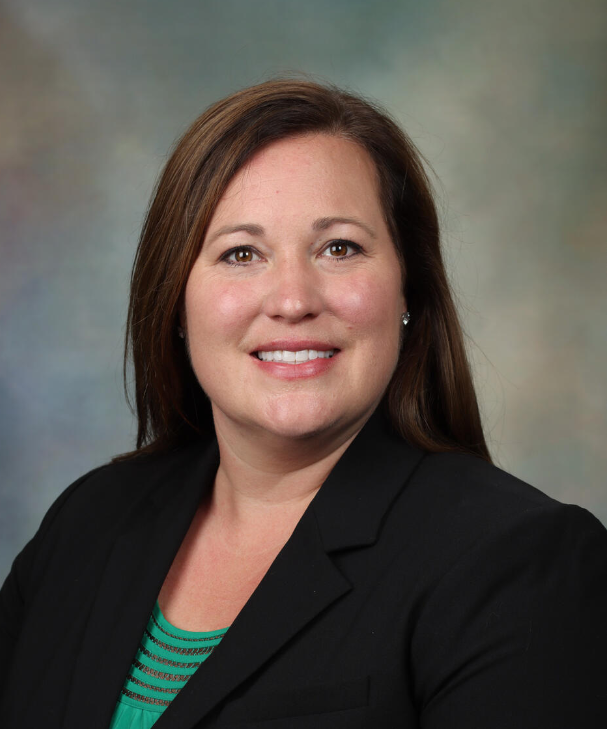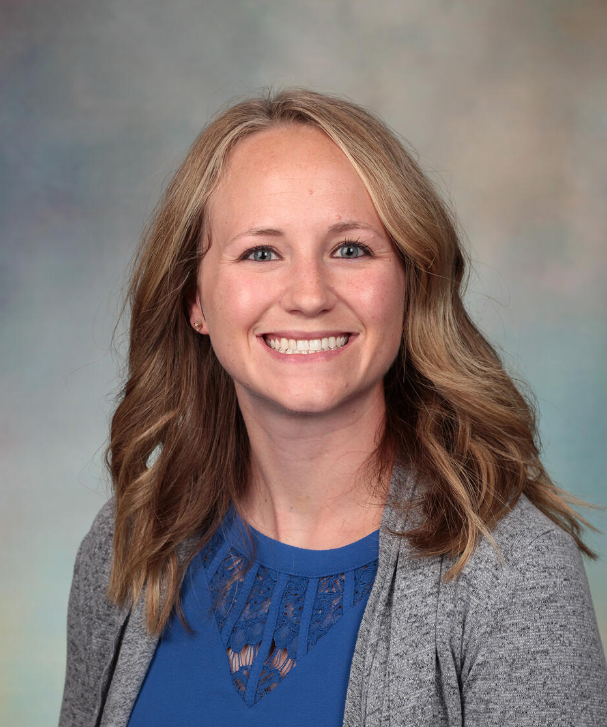Mayo Clinic in Arizona began offering Special Operations Tactical Medicine (SOTM) courses in 2012 and has hosted more than 1200 United States Military learners from all over the world. SOTM courses are benefactor-funded programs that develop treatment protocols and deliver training in hands on classes specialized to the continuously evolving Special Operations community.
In 2020, CRNAs at Mayo Clinic in Arizona expanded their practice by assisting in the intensive care unit with the COVID-19 pandemic. During this time, new relationships were formed and CRNAs were invited to become faculty within the Mayo Clinic Military Medicine program. For the past two years, Mayo Clinic CRNAs have become a staple in the program, providing a unique vantage point of education for the Special Operations community and White House Medical Unit.
The courses provide active-duty Military personnel instruction on patient management through an intense didactic and hands-on approach over a 5-day period. The major focus of these courses is to provide participants with the skills and knowledge to evaluate, stabilize, hand-off or maintain critically ill casualties of trauma within remote, resource-limited settings. The CRNAs provide education in lecture format, hands-on skills training, and facilitating in high-fidelity simulations allowing the participants to use their training in a team setting. Skills stations using task trainers, cadavers, and tissue models are used to demonstrate and provide hands-on training of diagnostic and therapeutic procedures. Training includes use and practice with ultrasound guided venous access, arterial blood gas drawing, and indication and placement of nerve blocks. The CRNAs provide valuable insight to Military personnel on pharmacology and surgical anesthesia techniques, including compounding medications, hanging medication infusions, the use of narcotics and anesthetics as well as ventilator management.
The SOTM course emphasizes training with ultrasound, point-of-care lab testing, airway and ventilation management, anesthesia and analgesia, and emergency surgical procedures. High fidelity trauma simulations blend knowledge and skills learned with scenarios pertaining to planning, resource and time management, teamwork, and situational awareness. CRNAs clinical expertise, sound technical skills, and critical care knowledge provide up to date and evidence-based training to Military personnel.
If you are interested in learning more about being a CRNA at Mayo Clinic in Phoenix, Arizona, click here: https://motion.aana.com/sites/817430/
Article co-written by:

